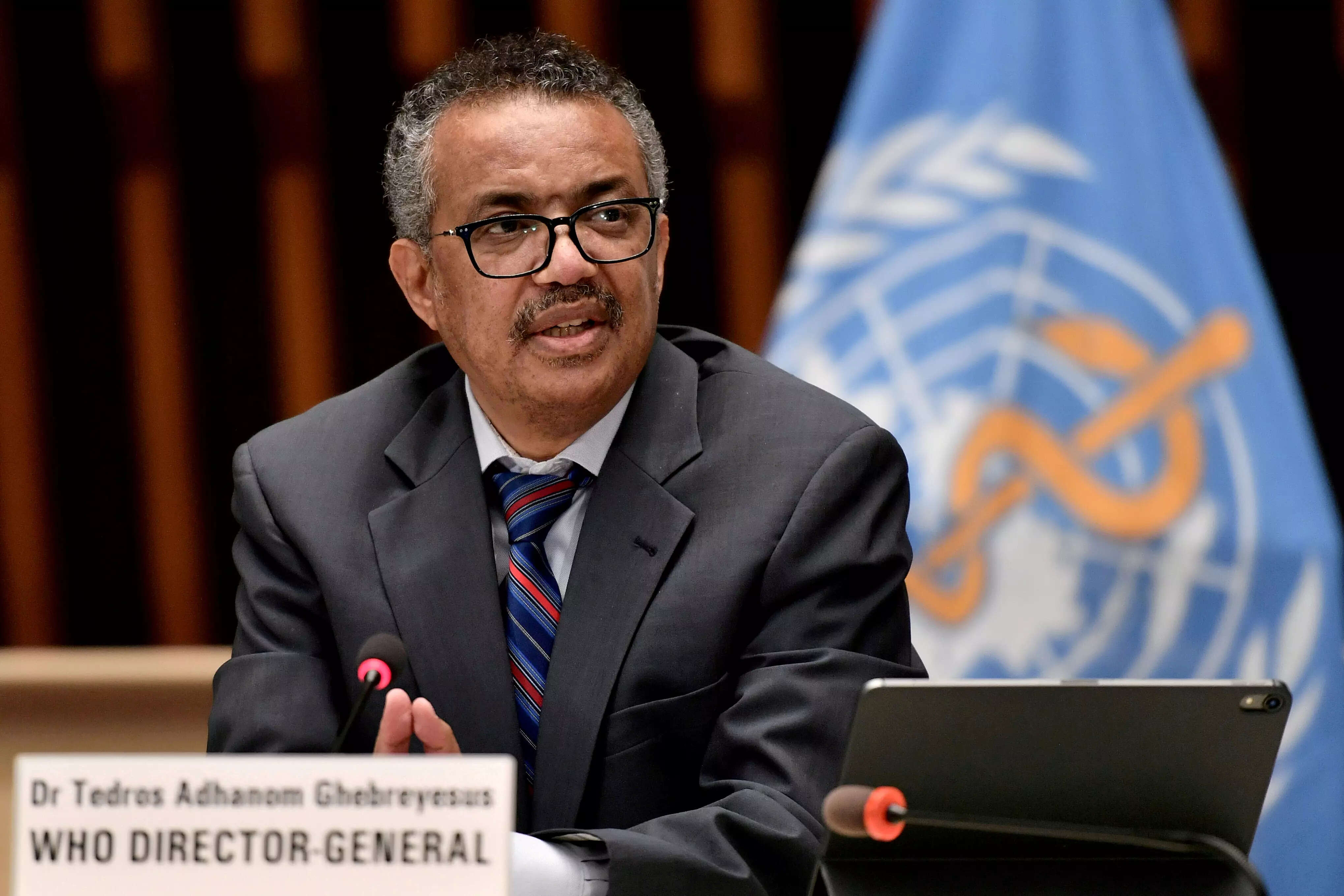[ad_1]
 Geneva: Reported cases of COVID-19 have increased nearly 30 per cent over the past two weeks. Four out of six of the World Health Organisation (WHO) sub-regions saw cases increase in the last week, informed WHO – Director General,Tedros Adhanom Ghebreyesus.
Geneva: Reported cases of COVID-19 have increased nearly 30 per cent over the past two weeks. Four out of six of the World Health Organisation (WHO) sub-regions saw cases increase in the last week, informed WHO – Director General,Tedros Adhanom Ghebreyesus.
Addressing a meeting conducted by the WHO Member State Information Session on COVID-19, monkeypox and other issues, Ghebreyesus informed that a new sub lineage of Omicron called BA.2.75 has also been detected, which the organization is following.
Highlighting the factors compounding the challenge he said, “The testing has reduced dramatically in many countries. This obscures the true picture of an evolving virus and the real burden of COVID-19 disease globally. It also means that treatments are not given early enough to prevent serious illness and death.”
He added that new treatments, especially promising new oral antivirals, are still not reaching low- and low-middle income countries, depriving whole populations that need them. Adding to this, as the virus evolves, vaccine protection, while still really effective at preventing serious disease and death, does wane.
“Decreasing immunity underscores the importance of boosters, especially for the most at-risk”, Director General said and each wave of the virus leaves more people with a post-COVID condition, also regarded as long-COVID. With all this, the health systems are strained, and economies and societies are being disrupted.
He stated that the essential steps to be taken, which includes vaccinating and boosting those at most risk. This includes older people, people with chronic illnesses, the immunocompromised and health workers. Another step is to make new oral antivirals and other treatments available to all.
“People are in places where cases are on the rise, they should use tried and tested public health measures to mitigate risk, such as ventilation, masks, physical distancing, and if people are sick, to stay home. Also, accelerate research and development into next generation vaccines, tests and treatments,” he added.
The WHO Chief said “We don’t know what the next variant will be like. That is why we need to develop the next generation of counter measures quickly.”
Concerned about monkeypox and spread of the virus, he said, “WHO reports more than 7,000 cases have been recorded in 60 countries. Testing remains a challenge and it’s highly probable that there are a significant number of cases not being picked up.”
Europe is the current epicentre of the outbreak with more than 80 per cent of cases globally. In Africa, cases are also appearing in countries not previously affected, while countries with experience of monkeypox are finding record levels of infection. WHO is following the data closely and plans to reconvene the Emergency Committee regarding the scale and spread of monkeypox.
On the monkeypox vaccines, Ghebreyesus shared “WHO is working with countries and vaccine manufacturers to coordinate the sharing of vaccine, which is scarce and needs to be accessible to at risk people. WHO is also working with civil society and the LGBTIQ+ community, especially to break the stigma around the virus and share information so people can protect themselves.”
The WHO meeting also mentioned the humanitarian needs in Syria. Ghebreyesus said “WHO is working across the country to provide lifesaving health support. In the northwest of the country, some 4.4 million people, including more than 3.5 million women and children, need humanitarian assistance. They depend on cross-border access for their healthcare, their vaccines and medicines.”
[ad_2]
Source link
